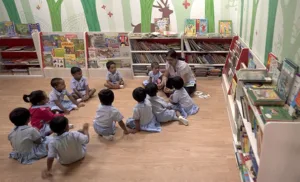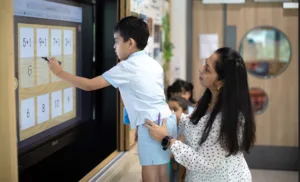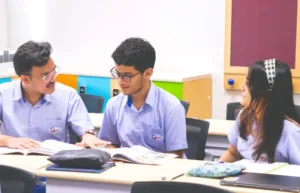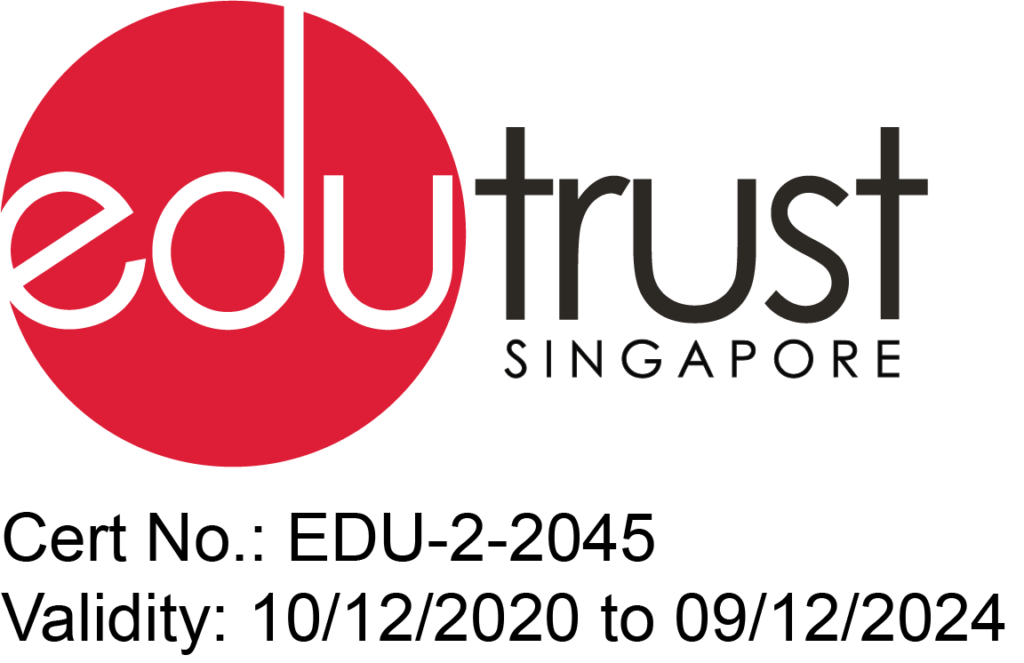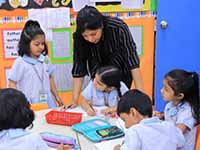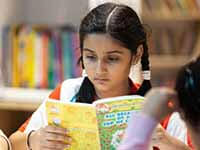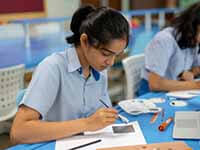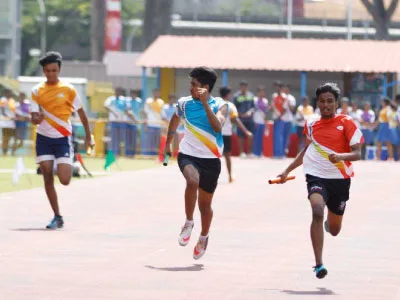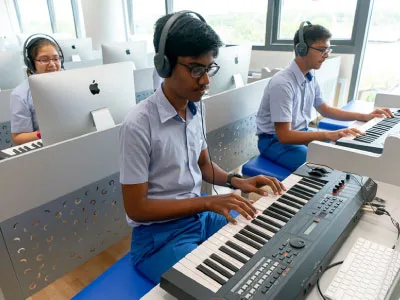Multicultural education embraces diversity by incorporating ideas, beliefs, and people from various cultural backgrounds into the classroom. It aims to create an inclusive learning environment where students are exposed to a rich tapestry of cultural perspectives.
By fostering cultural diversity in the classroom, students develop empathy, and cultivate a broader understanding of the world around them, preparing them to thrive in an increasingly interconnected and diverse society.
The importance of multicultural education
Multicultural education plays a pivotal role in shaping students’ perspectives. By embracing cultural diversity in the classroom, international school students are exposed to various experiences, and traditions, enriching their learning journey and fostering a deeper understanding of global issues. Read on to know why multicultural education is important for students.
1. Fosters inclusivity
It fosters inclusivity by creating an environment where every student feels valued, respected, and represented. By acknowledging and embracing the unique backgrounds and identities of students, educators cultivate a sense of belonging within the classroom.
This sense of inclusivity encourages students to actively engage in learning, collaborate with their peers, and contribute to discussions. Inclusive classrooms promote student participation, which lead to increased motivation and academic success.
2. Promotes cultural awareness
By celebrating diversity and encouraging exploration of different cultural traditions, practices, and viewpoints, students develop a deeper appreciation for the richness of human cultures. Exposure to diverse cultures helps students cultivate empathy, respect, and tolerance for others.
Through interactive learning experiences, such as cultural festivals, guest speakers, and other such activities, students gain insights into the complexities of global societies. This heightened cultural awareness not only enriches their personal growth but also contributes to building a more inclusive school community.
3. Critical thinking
Multicultural education serves as a catalyst for the development of critical thinking skills by exposing students to a variety of perspectives and challenging them to critically examine complex issues. Through this exposure, students learn to approach problems from different angles, question assumptions, and evaluate evidence thoughtfully.
By engaging with diverse viewpoints, students cultivate an ability to analyse information critically, identify biases, and draw well-informed conclusions. This process not only enhances their academic learning but also equips them with essential skills to handle the complexities of an interconnected and diverse world.
4. Supports emotional development
Multicultural education plays a crucial role in supporting emotional development by nurturing empathy, tolerance, and self-awareness among students. Exposure to diverse cultural perspectives encourages students to appreciate and respect differences, fostering a sense of empathy and compassion for others.
By learning about different cultures and experiences, students develop a greater understanding of themselves and their place in the world, which contributes to their emotional resilience and well-being. This emotional intelligence enables students to develop interpersonal relationships, manage conflicts, and adapt to diverse social and cultural contexts with confidence and empathy.
3 tips to promote multiculturalism in the classroom
Embracing multiculturalism in the classroom fosters an inclusive and enriching learning environment. Implementing strategies to promote multiculturalism not only enhances students’ cultural awareness but also cultivates empathy, understanding, and appreciation for diversity.
Here are some tips to promote multicultural learning in the classroom:
1. Encourage Cross-Cultural Dialogue
Facilitate open discussions and activities that encourage students to share their cultural backgrounds, traditions, and perspectives. Create a safe and supportive space where students feel comfortable expressing their identities and learning from one another’s experiences.
2. Celebrate Cultural Festivals and Events
Organise multicultural celebrations, festivals, and events that highlight the traditions, customs, and achievements of diverse cultural groups represented in the classroom. Encourage students to participate in planning and organising these events, promoting collaboration, teamwork, and cross-cultural exchange.
3. Promote Intercultural Collaboration
Encourage collaborative learning experiences and group projects that require students to work together across cultural boundaries. Assign group tasks that involve researching, problem-solving, and presenting solutions to real-world issues from diverse cultural perspectives, fostering cooperation, communication, and mutual understanding among students from different backgrounds.
Also Read: Life Skills to Teach Kids
Conclusion
Embracing multicultural education in the classroom is essential for promoting diversity, fostering inclusivity, and preparing students for success in a globalised world. By implementing strategies to promote multiculturalism, educators can create an inclusive learning environment where students feel valued, respected, and empowered to celebrate their cultural identities.
As we look to the future, we believe schools play a pivotal role in providing multicultural education with students of various nationalities studying together. Global Indian International School (GIIS) ensures students receive a well-rounded education that prepares them to thrive in diverse and multicultural settings. GIIS nurtures students to become global citizens, well equipped with knowledge, skills, and cultural awareness to succeed in an increasingly interconnected world, standing among the best IGCSE schools in Singapore.
If you are keen to know more, please feel free to connect with our admissions team.



